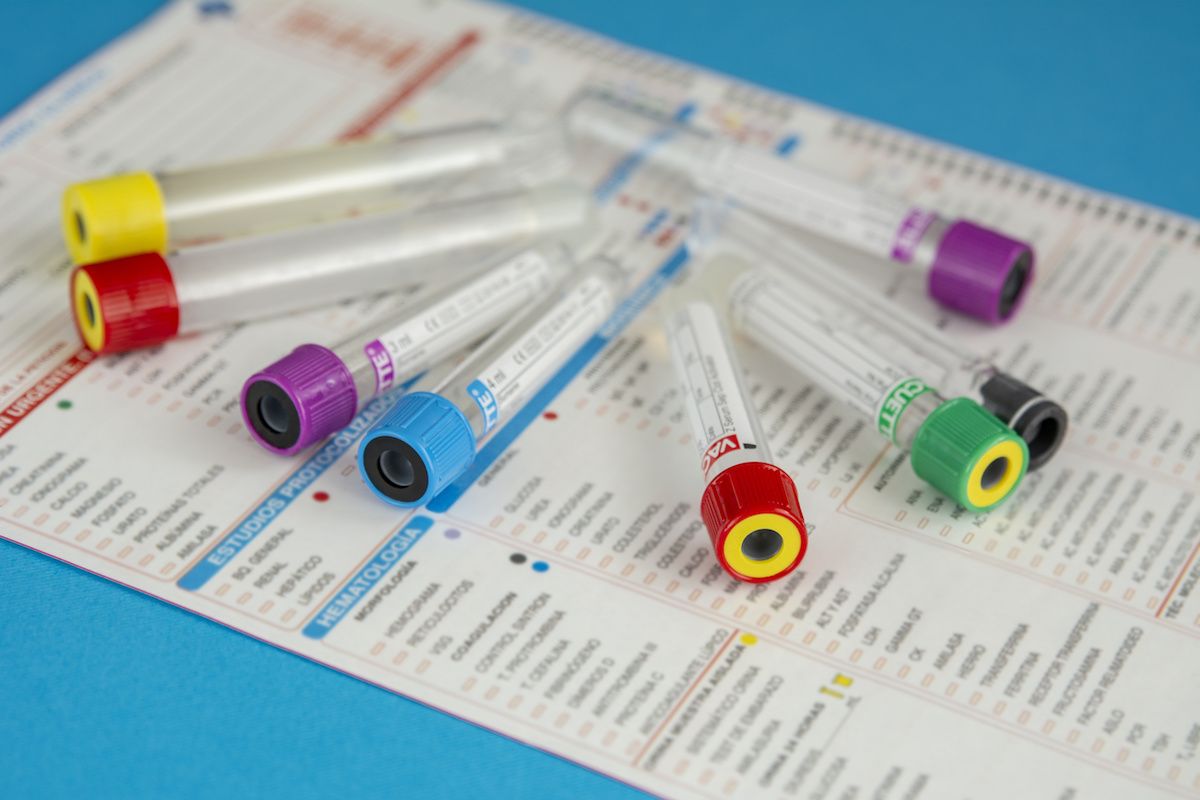
You sit across from your doctor. They smile. “Everything looks normal.” But it doesn’t feel normal. Your energy’s low. Sleep is restless. Your hands feel colder. The numbers say you’re fine. But you know your body. Sometimes, the ranges aren’t the full story. They mark limits, not optimal zones. That quiet gap between “normal” and “ideal” matters more than you think.
Your fasting glucose says 99, but your cravings keep growing
Ninety-nine is within range. But barely. One more point and it’s flagged. Yet your appetite has changed. You’re full, but not satisfied. You snack more. You crave sugar. Your mind fogs faster. These aren’t random. Even upper-normal glucose can impact mood and hunger. Especially if insulin’s struggling behind the scenes. That part rarely gets tested.
The HDL number doesn’t always mean your heart’s protected
You smile at your HDL. It’s 61. That’s good, right? Mostly. But context matters. If your LDL is climbing too, or triglycerides won’t settle, then HDL can’t save you. Cardiologists in Turkey often remind patients that ratios matter more than standalone numbers. A good HDL means little when inflammation is high. And inflammation rarely announces itself.
ALT is normal, but your fatigue keeps getting worse
Liver enzymes are tricky. You expect issues when they spike. But sometimes, they don’t. ALT and AST might sit inside range. Yet, the liver still struggles. In Turkish clinics, patients with fatty liver disease often show “normal” ALT. But fatigue, bloating, and poor digestion tell a louder story. A clean number doesn’t always mean a healthy liver.
TSH looks balanced, but your hair is falling
Thyroid numbers fall between 0.4 and 4.0. But your hair keeps thinning. You’re cold. You gain weight. Your TSH is 3.8. Still “normal.” But barely. Turkish endocrinologists often treat anything above 2.5 if symptoms align. Because each person’s baseline varies. And that upper limit? It’s based on averages, not on your body’s quiet warnings.
Ferritin isn’t flagged, but your breath shortens fast
Iron levels matter. But ferritin tells a longer story. It’s not just about anemia. It’s about reserves. A ferritin of 25 might not trigger alerts. But it may still explain fatigue. Shortness of breath. Headaches. Especially in menstruating women. In Türkiye, clinics have begun rethinking ferritin thresholds. Because energy loss often starts before numbers drop.
Your vitamin D isn’t low enough to treat—but you still ache
You’re at 31. Not deficient. But not thriving. Your joints hurt. Mood dips. You dread winter. Turkish doctors, especially in coastal cities, now aim higher. 40 to 60 is their ideal range. Because immune support, mood regulation, and muscle function don’t run well at 30. The lab says “sufficient.” But your body quietly disagrees.
Triglycerides swing wildly after meals, but don’t show in fasting tests
The fasting test says 135. Acceptable. But post-meal, your heart races. You feel sluggish. And sometimes dizzy. This is reactive hyperlipidemia. It doesn’t always appear in basic tests. Turkish cardiologists sometimes run postprandial checks. Especially if family history includes heart disease. Because what happens after you eat matters too.
Your CRP comes back “low,” yet your joints swell easily
C-reactive protein tracks inflammation. It’s a good marker. But not a perfect one. A low CRP might miss local or cyclical flares. You wake up stiff. Ankles swell after walking. Still, your report says “all clear.” Rheumatology clinics in Türkiye now pair CRP with ESR and symptom tracking. Because one test can’t map your full inflammation story.
Your white blood cell count dips below the middle line
It’s not alarming. Just low-normal. But you catch every flu. Each cold drags longer. White blood cells keep you defended. A pattern of low-normal counts might explain frequent illness. Turkish immunologists check trends, not just one-off results. If your WBC stays low while symptoms rise, it’s worth digging deeper.
You see “borderline” on your cholesterol, but your family history says otherwise
Your LDL is 129. Borderline. It doesn’t trigger intervention. But your father had a heart attack. Your aunt, bypass surgery. In Turkish cardiology guidelines, genetic risk weighs heavier. Many patients begin lifestyle changes—or medication—at lower LDL levels. Not because of numbers. Because of stories those numbers can’t hold.
You get B12 shots, but your numbness doesn’t fade
The lab says your B12 is 340. Fine, technically. But your fingers still tingle. Feet burn slightly. And memory isn’t what it was. Neurologists in Türkiye often raise concerns at anything below 400. Because absorption varies. Because methylation matters. And because “low normal” B12 causes real, daily discomforts before it ever crosses into deficiency.
Platelets are slightly elevated, but you’re told it’s nothing
Your count is 430. The upper limit is 450. So it passes. But you bruise faster. You get random nosebleeds. Elevated platelets—especially over time—can signal inflammation, infection, or early autoimmune activity. Haematology clinics in Ankara follow these trends closely. Especially if paired with fatigue or night sweats.
Uric acid flirts with the upper edge, even if joints feel fine today
It’s 6.8. Not alarming. But not optimal either. You love red meat. You drink less water lately. And your toes feel tight sometimes. High-normal uric acid doesn’t cause daily gout. But it may fuel low-grade joint issues. Or future flare-ups. Turkish rheumatologists often suggest hydration and diet changes before numbers spike beyond safe.
You’re told “everything’s fine,” but you’ve already seen the same results for three years
Your labs barely change. That consistency seems good. But symptoms grow louder. Bloating. Fatigue. Irritability. In Türkiye, some integrative clinics now track micro-shifts. They compare past reports. They connect labs with lived experience. If patterns persist—despite “normal”—they intervene. Because health isn’t just about fixed numbers. It’s about what those numbers mean over time.
